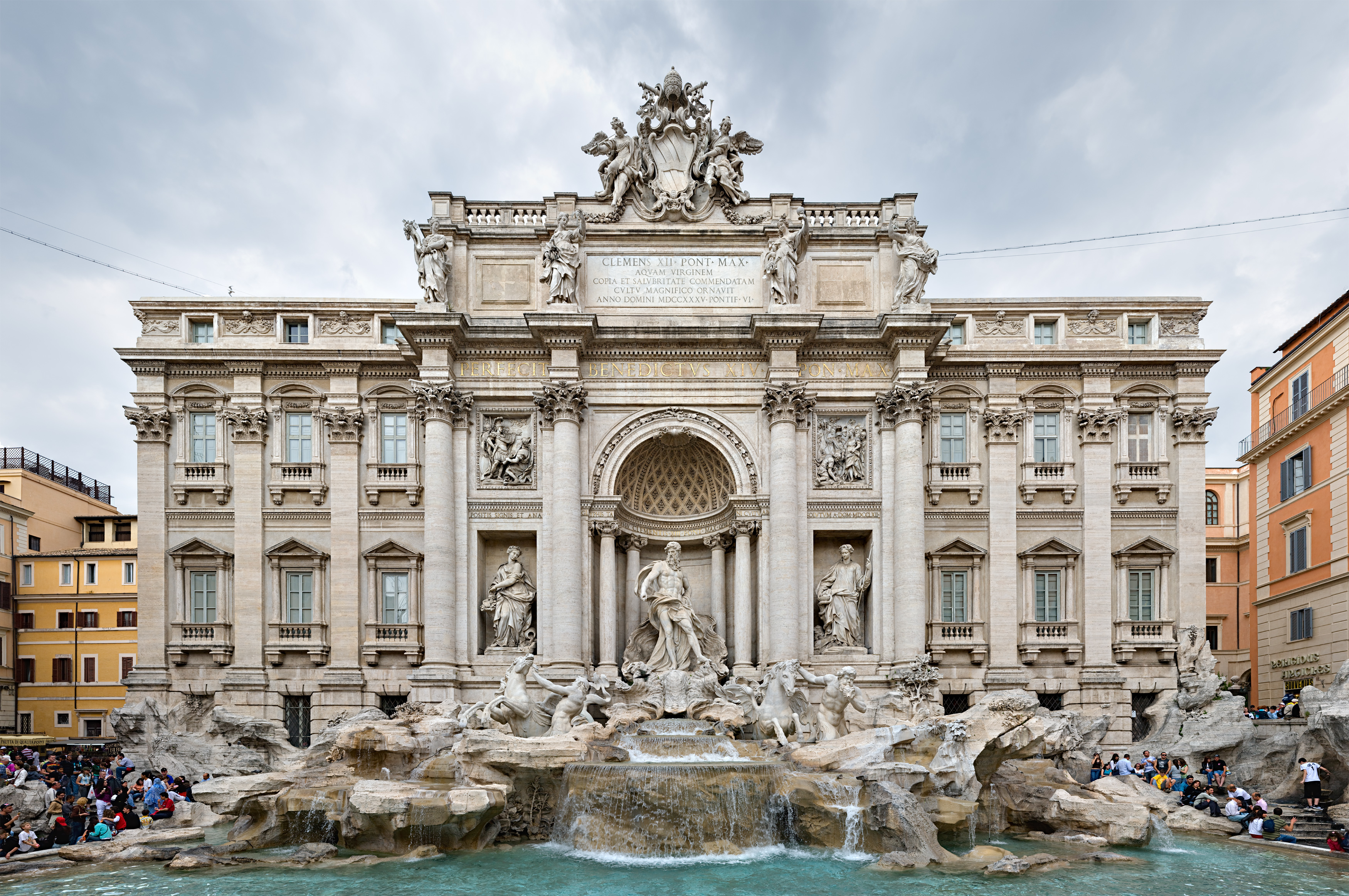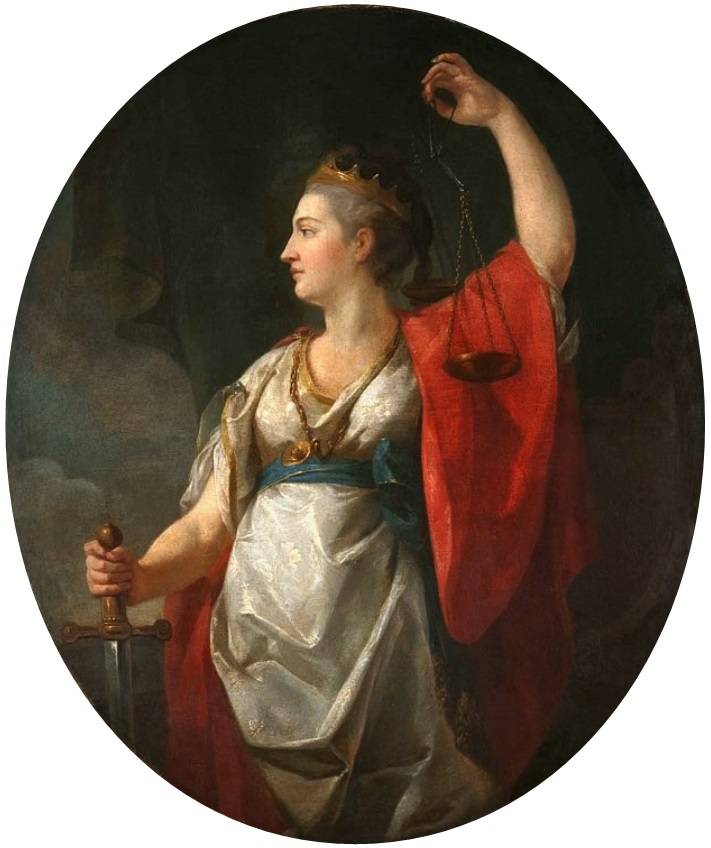|
Oceanus
In Greek mythology, Oceanus (; grc-gre, , Ancient Greek pronunciation: , also Ὠγενός , Ὤγενος , or Ὠγήν ) was a Titan son of Uranus and Gaia, the husband of his sister the Titan Tethys, and the father of the river gods and the Oceanids, as well as being the great river which encircled the entire world. Etymology According to M. L. West, the etymology of Oceanus is "obscure" and "cannot be explained from Greek". The use by Pherecydes of Syros of the form "Ogenos" (''Ὠγενός'') for the name lends support for the name being a loanword. However, according to West, no "very convincing" foreign models have been found. A Semitic derivation has been suggested by several scholars, while R. S. P. Beekes has suggested a loanword from the Aegean Pre-Greek non-Indo-European substrate. Nevertheless, Michael Janda sees possible Indo-European connections. Genealogy Oceanus was the eldest of the Titan offspring of Uranus (Sky) and Gaia (Earth). Hesiod lists hi ... [...More Info...] [...Related Items...] OR: [Wikipedia] [Google] [Baidu] |
Tethys (mythology)
In Greek mythology, Tethys (; grc, Τηθύς, Tēthýs) was a Titans, Titan daughter of Uranus (mythology), Uranus and Gaia (mythology), Gaia, a sister and wife of the Titan Oceanus, and the mother of the Potamoi, river gods and the Oceanids. Although Tethys had no active role in Greek mythology and no established cults, she was depicted in mosaics decorating baths, pools, and triclinium, triclinia in the Greek East, particularly in Antioch and its suburbs, either alone or with Oceanus. Genealogy Tethys was one of the Titan offspring of Uranus (Sky) and Gaia (Earth). Hesiod lists her Titan siblings as Oceanus, Coeus, Crius, Hyperion (mythology), Hyperion, Iapetus (mythology), Iapetus, Theia, Rhea (mythology), Rhea, Themis, Mnemosyne, Phoebe (mythology), Phoebe, and Cronus. Tethys married her brother Oceanus, an enormous river encircling the world, and was by him the mother of numerous sons (the Potamoi, river gods) and numerous daughters (the Oceanids). According to Hesiod, th ... [...More Info...] [...Related Items...] OR: [Wikipedia] [Google] [Baidu] |
Titan (mythology)
In Greek mythology, the Titans ( grc, οἱ Τῑτᾶνες, ''hoi Tītânes'', , ''ho Tītân'') were the pre-Olympian gods. According to the ''Theogony'' of Hesiod, they were the twelve children of the primordial parents Uranus (Sky) and Gaia (Earth), with six male Titans— Oceanus, Coeus, Crius, Hyperion, Iapetus, and Cronus—and six female Titans, called the Titanides or "Titanesses" (, ''hai Tītānídes'')—Theia, Rhea, Themis, Mnemosyne, Phoebe, and Tethys. Cronus mated with his older sister Rhea, who then bore the first generation of Olympians: the six siblings Zeus, Hades, Poseidon, Hestia, Demeter, and Hera. Certain descendants of the Titans, such as Prometheus, Helios, and Leto, are sometimes also called Titans. The Titans were the former gods: the generation of gods preceding the Olympians. They were overthrown as part of the Greek succession myth, which tells how Cronus seized power from his father Uranus and ruled the cosmos with his fellow Titans b ... [...More Info...] [...Related Items...] OR: [Wikipedia] [Google] [Baidu] |
Trevi Fountain
The Trevi Fountain ( it, Fontana di Trevi) is an 18th-century fountain in the Trevi district in Rome, Italy, designed by Italian architect Nicola Salvi and completed by Giuseppe Pannini and several others. Standing high and wide, it is the largest Baroque fountain in the city and one of the most famous fountains in the world. The fountain has appeared in several films, including ''Roman Holiday'' (1953); '' Three Coins in the Fountain'' (1954); Federico Fellini's classic, ''La Dolce Vita'' (1960); ''Sabrina Goes to Rome'' (1998); and ''The Lizzie McGuire Movie'' (2003). History before 1629 The fountain, at the junction of three roads (), marks the terminal point of the "modern" —the revived , one of the aqueducts that supplied water to ancient Rome. In 19 BCE, supposedly with the help of a virgin, Roman technicians located a source of pure water some from the city. (This scene is presented on the present fountain's façade.) However, the eventual indirect route of the ... [...More Info...] [...Related Items...] OR: [Wikipedia] [Google] [Baidu] |
Uranus (mythology)
In Greek mythology, Uranus ( ), sometimes written Ouranos ( grc, Οὐρανός, , sky, ), is the personification of the sky and one of the Greek primordial deities. According to Hesiod, Uranus was the son and husband of Gaia (Earth), with whom he fathered the first generation of Titans. However, no cult addressed directly to Uranus survived into Classical times, and Uranus does not appear among the usual themes of Greek painted pottery. Elemental Earth, Sky, and Styx might be joined, however, in solemn invocation in Homeric epic. Uranus is associated with the Roman god Caelus and the Jewish god Yahweh. Etymology Most linguists trace the etymology of the name to a Proto-Greek form ''*Worsanós'' (), enlarged from *''ṷorsó-'' (also found in Greek ''()'' 'to urinate', Sanskrit ''varṣá'' 'rain', Hittite ''ṷarša-'' 'fog, mist').Robert S. P. Beekes, ''Etymological Dictionary of Greek'', vol. 2 (Leiden: Brill, 2009), 1128–1129. The basic Indo-European root is ''* ... [...More Info...] [...Related Items...] OR: [Wikipedia] [Google] [Baidu] |
Rhea (mythology)
Rhea or Rheia (; Ancient Greek: Ῥέα or Ῥεία ) is a mother goddess in ancient Greek religion and Greek mythology, the Titaness daughter of the earth goddess Gaia and the sky god Uranus, himself a son of Gaia. She is the older sister of Cronus, who was also her consort, and the mother of the five eldest Olympian gods Hestia, Demeter, Hera, Poseidon and Zeus, and the king of the Underworld, Hades. When Cronus learnt that he was destined to be overthrown by one of his children like his father was before him, he swallowed all the children Rhea bore as soon as they were born. When Rhea had her sixth and final child, Zeus, she spirited him away and hid him in Crete, giving Cronus a rock to swallow instead, thus saving her youngest son who would go on to challenge his father's rule and rescue the rest of his siblings. Following Zeus' defeat of Cronus and the rise of the Olympian gods into power, Rhea withdraws her role as the queen of the gods to become a supporting figure ... [...More Info...] [...Related Items...] OR: [Wikipedia] [Google] [Baidu] |
Themis
In Greek mythology and Ancient Greek religion, religion, Themis (; grc, Θέμις, Themis, justice, law, custom) is one of the twelve Titans, Titan children of Gaia and Uranus (mythology), Uranus, and the second wife of Zeus. She is the goddess and personification of justice, divine order, fairness, law, and custom, and her symbols include the Scales of Justice (symbol), Scales of Justice. She is also associated with oracles and prophecies, including the Pythia, Oracle of Delphi. Name ''Themis'' means "divine law" rather than human ordinance, literally "that which is put in place", from the Greek verb ''títhēmi'' (wikt:τίθημι, τίθημι), meaning "to put." To the ancient Greeks she was originally the organizer of the "communal affairs of humans, particularly assemblies." Moses Finley remarked of ''themis'', as the word was used by Homer in the 8th century BCE, to evoke the social order of the 10th- and 9th-century Greek Dark Ages: Finley adds, "There was ''them ... [...More Info...] [...Related Items...] OR: [Wikipedia] [Google] [Baidu] |
Theia
In Greek mythology, Theia (; grc, Θεία, Theía, divine, also rendered Thea or Thia), also called Euryphaessa ( grc, Εὐρυφάεσσα) "wide-shining", is one of the twelve Titans, the children of the earth goddess Gaia and the sky god Uranus. She is the Greek goddess of sight and vision, and by extension the goddess who endowed gold, silver and gems with their brilliance and intrinsic value. Her brother-consort is Hyperion, a Titan and god of the sun, and together they are the parents of Helios (the Sun), Selene (the Moon), and Eos (the Dawn). She seems to be the same with Aethra, the consort of Hyperion and mother of his children in some accounts. Like her husband, Theia features scarcely in myth, being mostly important for the children she bore, though she appears in some texts and rare traditions. Etymology The name ''Theia'' alone means simply "goddess" or "divine"; ''Theia Euryphaessa'' () brings overtones of extent (, ''eurys'', "wide", root: ) and brightness ... [...More Info...] [...Related Items...] OR: [Wikipedia] [Google] [Baidu] |




